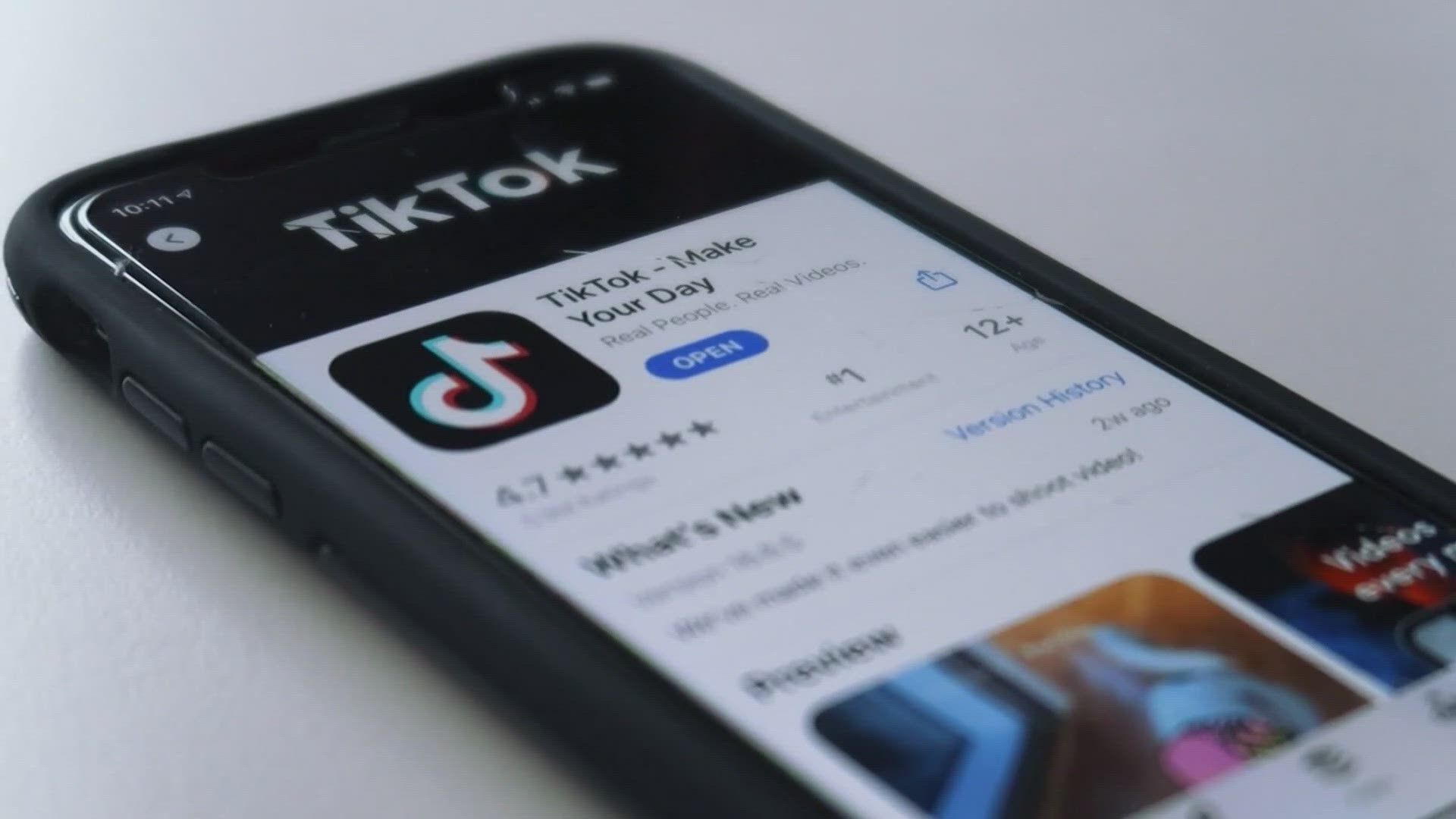WASHINGTON D.C., DC — Most of Washington’s U.S. representatives supported a bill that could lead to a ban of the video app TikTok.
However, two Democrats – Pramila Jayapal and Rick Larsen – voted against the bill that would ban TikTok if its China-based owner ByteDance does not sell its stakes in the popular social media platform within six months of the bill’s enactment.
The bill got bipartisan support from the rest of Washington’s Congressional delegation with seven other members voting to approve the bill.
The bill, passed by a vote of 352-65, now goes to the Senate, where its prospects are unclear.
Jayapal, who represents the Seattle area, said in a statement that she voted no on the bill because she had concerns with how the bill was crafted.
“While I do have serious concerns about the national security implications of the Xi government’s ability to access Americans’ data through ByteDance, at the end of the day, the process of crafting this legislation was overly rushed and lacks important protections for consumers’ data,” Jayapal said.
She also pointed out that a TikTok ban could harm people whose livelihoods depend on TikTok.
Washington Congressmembers who voted to support the bill:
- Suzan Delbene, D-District 1
- Marie Gluesenkamp Perez, D-District 3
- Dan Newhouse, R-District 4
- Cathy McMorris Rodgers, R-District 5
- Derek Kilmer, D-District 6
- Kim Schrier, D-District 8
- Adam Smith, D-District 9
- Marilyn Strickland, D-District 10
Washington Congressmembers who voted to oppose the bill:
- Rick Larsen, D-District 2
- Pramila Jayapal, D-District 7
Why would lawmakers want to ban TikTok?
Lawmakers from both parties - as well as law enforcement and intelligence officials - have long expressed concerns that Chinese authorities could force ByteDance to hand over data on the 170 million Americans who use TikTok. The worry stems from a set of Chinese national security laws that compel organizations to assist with intelligence gathering - which ByteDance would likely be subject to – and other far-reaching ways the country’s authoritarian government exercises control.
TikTok has denied assertions that it could be used as a tool of the Chinese government. The company has said it has never shared U.S. user data with Chinese authorities and won’t do so if it's asked. To date, the U.S. government has not provided any evidence that shows TikTok shared such information with Chinese authorities.
Apart from security concerns, some lawmakers, researchers and critics of TikTok posit the app suppresses content unfavorable to Beijing, which TikTok denies. The Office of the Director of National Intelligence warned in a report released Monday that the Chinese government has used TikTok to influence recent U.S. elections.
“TikTok accounts run by a PRC propaganda arm reportedly targeted candidates from both political parties during the U.S. midterm election cycle in 2022,” the report said.

